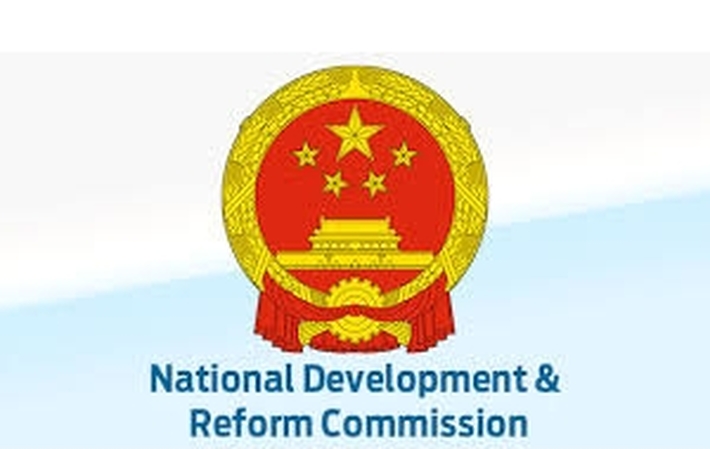
Published on 09/22/2017 | IIoT in China
This article was originally posted in the Gongkong news center and is part of a new series aimed at raising awareness of China's Industry 4.0 Initiative.
Xinhua News Agency, Beijing, June 19 -
Recently, the CPC Central Committee, the State Council issued the Reform Program for a Modern Industrial Workforce (hereinafter referred to as Reform), as well as a notice requiring all localities and departments assist in implement the Reform. The Reform aims to modernise the industrial workforce as a foundation for future strategic goals in education, talent building and innovation-driven nation development, and will become part of the national economic development plan in creating an industrial workforce with ideals, faith, skills, innovative mindset, and guts.
CPC Central Committee has always attached great importance to the upgrading of industrial workers. Xi Jinping, the General Secretary of CPC, made a series of important remarks from the standpoint of the overall national strategic outlook for the upgrading of industrial workers. He requests for a clear plan to provide guidelines and to promote the reform the modern industrial workforce. On February 6, 2017, The Reform was approved by Xi during the thirty-second meeting hosted by the Central Leading Group for deepening the Reform. It defines the guiding ideology, basic principles, objectives, tasks, reasons for change, means of achieving these changes, and end goals.
The Reform stressed the importance of industrial workers in supporting the entire force and acting as the backbone of social wealth innovation-driven development, and a critical part of China's plan in becoming a manufacturing powerhouse. It also states the need to act in accordance with political and institutional implementation, improve quality standards, and safeguard rights and interests. Systems in place should complement the reform of the industrial workforce to fully enable the enthusiasm, initiative and creativity of industrial workers in order for the workforce to play a strong role in revolutionizing China's manufacturing capabilities.
The Reform focuses on strengthening and improving the ideology of the industrial workforce through policy, constructs a skills upgrading system for industrial workers, uses the Internet to facilitate the improvement of the industrial workforce, innovates for industrial workforce development, and strengthens support systems for the setup of the industrial workforce, as well as 25 other proposed reform initiatives involving institutional mechanisms to guide industrial workers in thought leadership, skills upgrading, and to provide support measures.
To ensure the effectiveness of the industrial workforce reform, the Reform adheres to the unified leadership of party committees that has set up an overall strategic plan in pushing across the Reform in a strong and orderly fashion through advocacy of policies and enforcing supervision of implementation work.
This is the first time in history that the CPC Central Committee has implemented such a Reform for the industrial workforce, which fully reflects the high importance and concern CPC Central Committee led by Xi Jinping places on industrial workers for this Reform. The people-centred principle of the CPC Central Committee in the development of the country and strong reference to the needs of industrial workers as a guide to development is highly significant in comprehensively improving the quality of industrial workers.